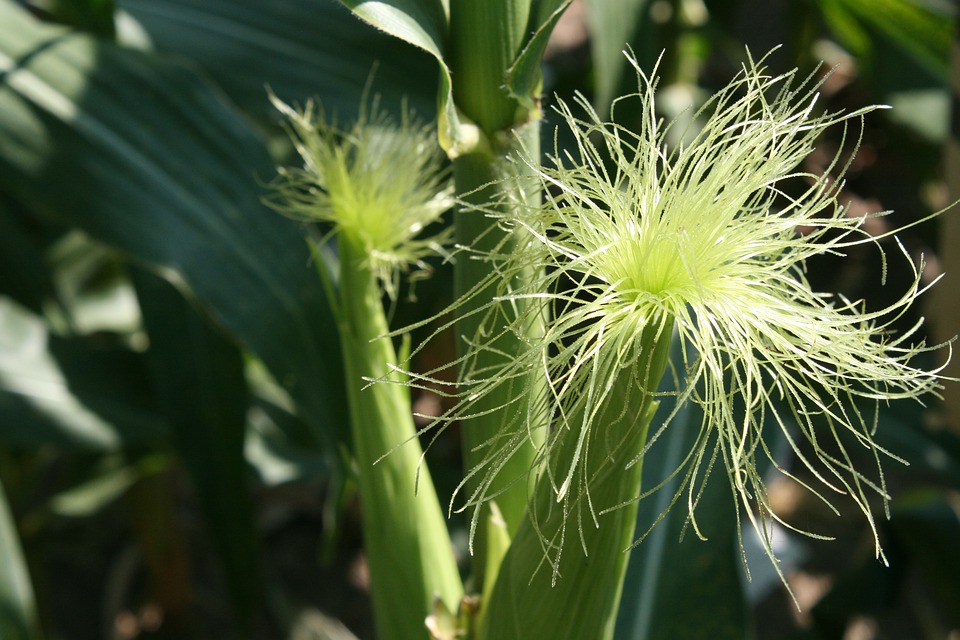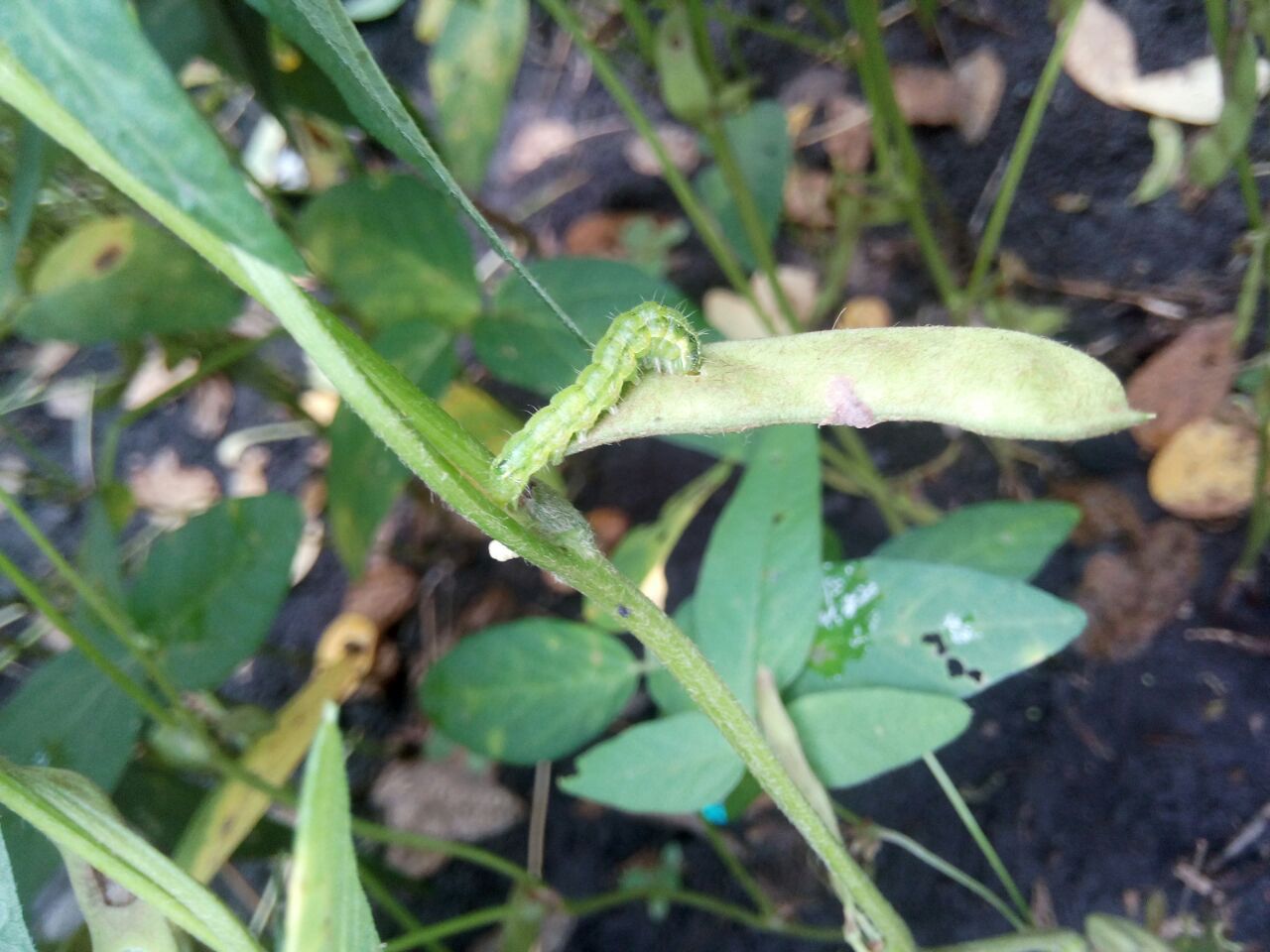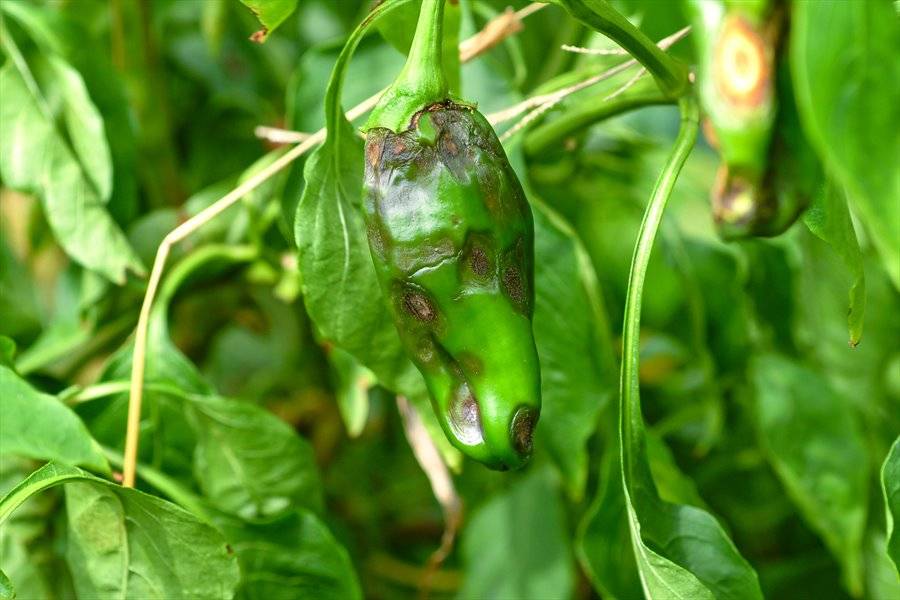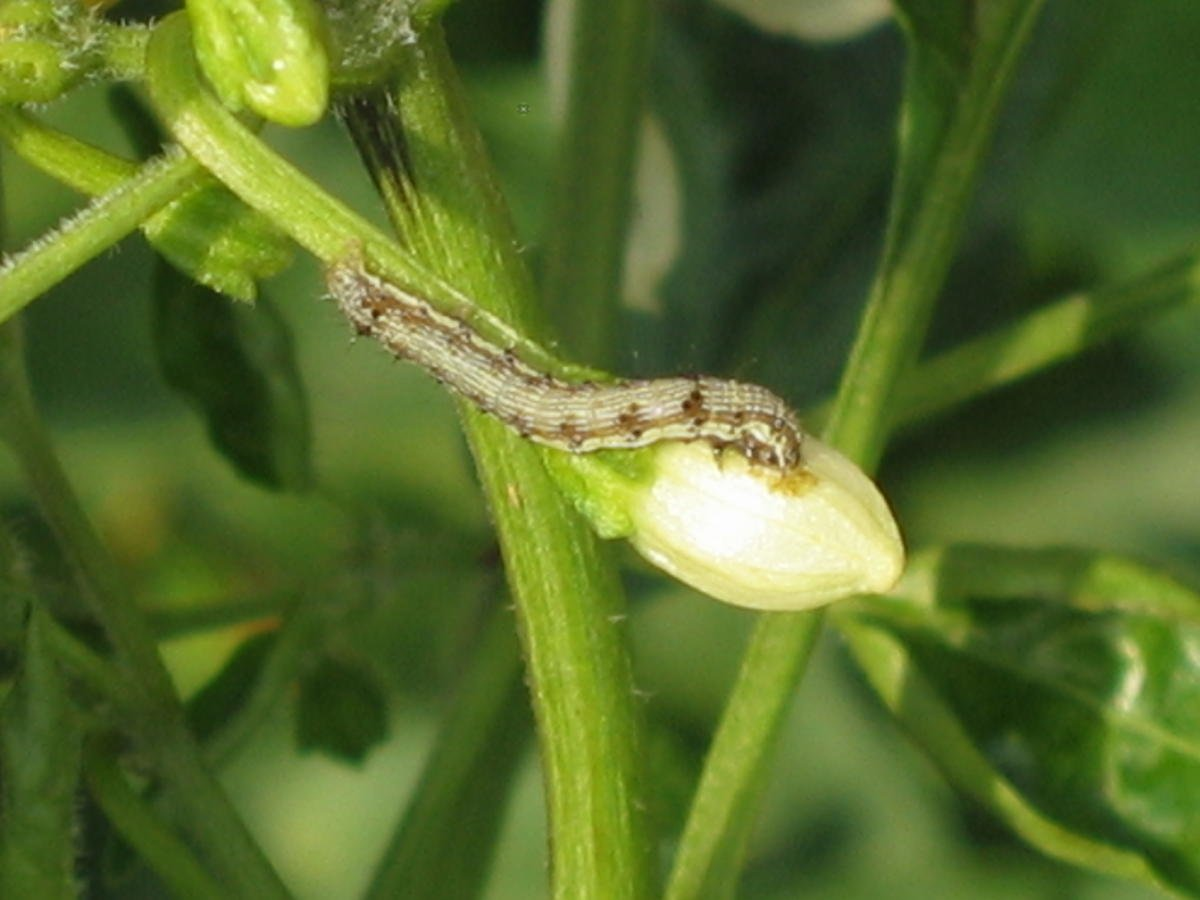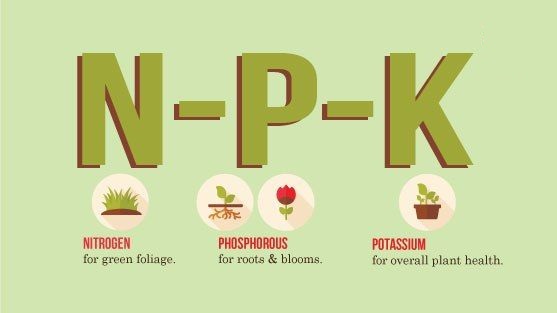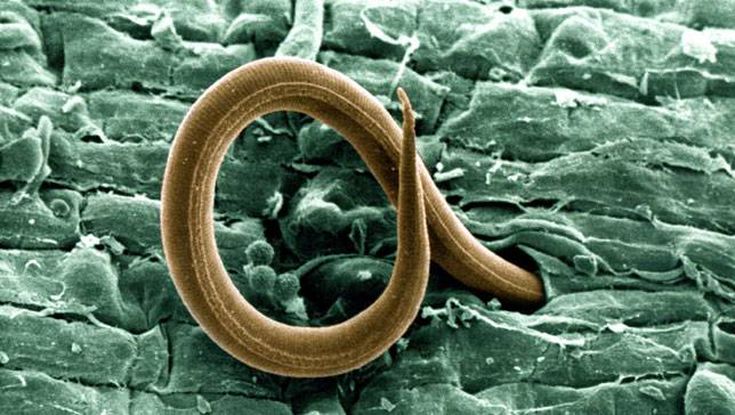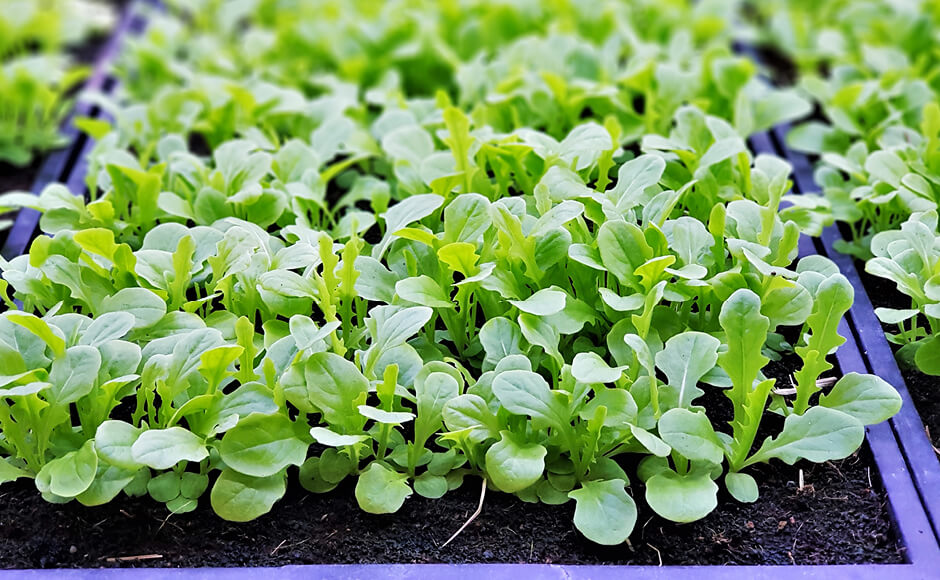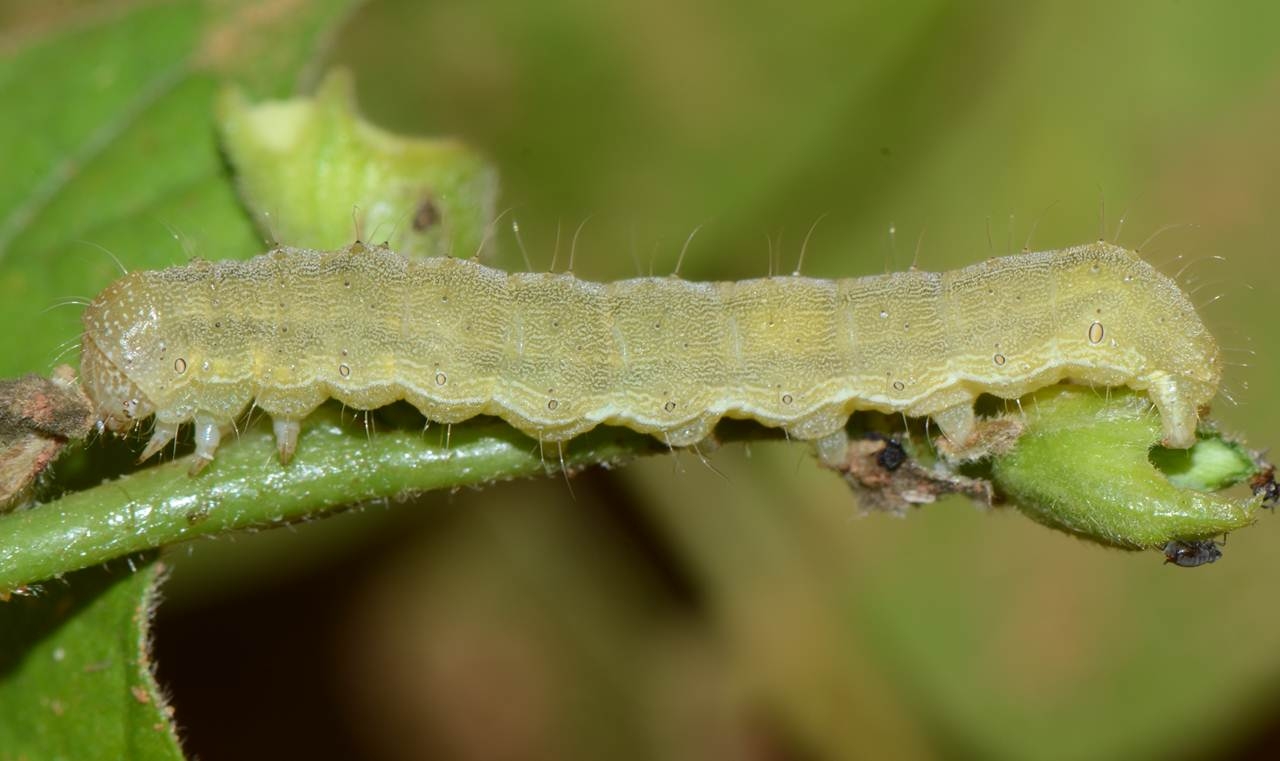- Crop management in maize crop is crucial.
- Crop management is especially very important at the time of flowering and cob formation stage of maize crop.
- Fruiting and cob formation stage is very sensitive in maize crop
- For Fungal diseases: – CHLOROTHALONIL 75% WP @ 400 gram / acre or THIOPHANATE METHYL 70% W/W @ 300 gram / acre or HEXACONAZOLE 5% SC @ 300 ml / acre or MANCOZEB 75 % WP @ 500 g / acre
- For insect :- CHLORANTRANILIPROLE 18.5 % SC18.5% SC @ 60 ml / acre or
- EMAMECTIN BENZOATE 5% SG @ 100 gram / acre or FLUBENDIAMIDE 20% WG @ 100 gram / acre
- As a biological treatment using BEAUVERIA BASSIANA@ 250 gram /acre.
- Nutrient management :- Spray Amino acid @ 300 ml/acre + 00:00:50@ 1 kg/acre
Heavy monsoon rains may occur in these states from 12 to 14 August
The weather is going to change once again in the coming days. In the past, torrential rains have been seen in Maharashtra and Bihar. It is now being told that there may be heavy rains in Maharashtra again in the next two days. Apart from Maharashtra, the monsoon is expected to remain active for many days in northern parts of the country. There is a possibility of rain in the coming days, along with the hill states of North India, as well as in the plains, which will change the weather patterns. Madhya Pradesh, East Rajasthan may also receive monsoon rains in the coming days.
According to private weather agency Skymet Weather, the coming week in Gujarat will be full of rain and by August 17, many areas of Gujarat will get good rain. Apart from this, monsoon is now active in Delhi-NCR and North West India. Heavy rains are likely over East Rajasthan, North Madhya Pradesh, Telangana, Andhra Pradesh and parts of Odisha.
Source: Krishi Jagran
ShareControl of Tobacco caterpillar in soybean crop
- Its larvae feed on the chlorophyll by scrapping the leaves of soybeans, which causes white yellow netting on the affected leaves.
- In light soil larvae can damage the roots, during the day they usually hide on the lower surface of the soybean leaves or in the soil around the base of the plant.
- After excessive damage on the leaves, they begin to eat the buds, flowers, and pods of soybean, leaving only the stems on the plant.
- PROFENOFOS 40 % + CYPERMETHRIN 4% EC @ 400 gram / acre or EMAMECTIN BENZOATE 5% SG @ 100 gram / acre or FLUBENDIAMIDE 20% WG @ 100 gram / acre or CHLORANTRANILIPROLE 18.5 % SCl 18.5% SC @ 60 ml / acre or NOVALURAN 5.25 %+ EMAMECTIN BENZOATE 0.9 SC @ 600 ml / acre.
- As biological treatment Bavaria Basiana @ 250 gram / acre
Symptoms and Measures of Anthracnose disease in chillies
- Symptoms of this disease appear on the leaf, stem, and fruit of the chilli crop.
- Small, circular spots appear on the chilli fruit, which later spread slowly and merge in one.
- Due to this fruits fall without ripening, causing a huge loss in yield.
- It is a fungal disease that first attacks the stalk of chilli fruit and then spreads over the entire plant.
- use TEBUCONAZOLE 25.9% EC @ 250 ml / acre or CAPTAN 70% + HEXACONAZOLE 5% WP @ 250 gram / acre or KITAZIN 48% EC @ 200 ml / acre
- As biological treatment TRICHODERMA VIRIDE @ 500 gram / acre or PSEUDOMONAS FLUORESCENS@ 250 gram / acre as a biological treatment
8.55 crore farmers got Rs 17,100 crore from PM Kisan Yojana
Prime Minister Narendra Modi has released the sixth installment of Rs 17,100 crore to more than 8.55 crore farmers under the Pradhan Mantri Kisan Samman Nidhi (PM-Kisan) scheme.
Releasing this huge amount to the farmers, PM Modi said, “The mission of a country, a mandi, which has been in operation for the past 7 years, is now being completed. Through the first e-NAM, technology A large system base was made. Now the farmer has been freed from the mandis and mandi tax by making laws. Now the farmer has many options.”
It is worth mentioning that under the PM Kisan Yojana, the sixth installment was going to come in the first week of August and at the fixed time this amount has also been sent to the accounts of the farmers.
Source: ABPLive
ShareManagement of fruit borer in chili
- A circular hole is found on the chilli fruit due to which fruits and flowers fall before maturing.
- This caterpillar feeds on the newly developed fruit of the chilli crop. When the fruit is ripe, the caterpillar eats the seeds. During this time, the caterpillar consumes the seeds by placing its head inside the fruit while the rest of the caterpillar ‘s body remains outside the fruit.
- EMAMECTIN BENZOATE 5% SG@ 100 gram /acre or FLUBENDIAMIDE 20% WG @ 100 Gram/acre or CHLORANTRANILIPROLE 18.5 % SC @ 60 ml/acre
- As a biological treatment use BEAUVERIA BASSIANA @ 250 Gram/acre.
Importance of biological NPK for crops
- The term “Biological NPK” stands for Nitrogen, Phosphorus, and Potash.
- These three main nutrients are very important for the good production of crops.
- Biological NPK improves nutrient availability in soil by improving soil structure
- Biological NPK plays a supporting role in photosynthesis in leaves.
- Converts insoluble phosphorus and potash present in soil into a soluble form
- Converts atmospheric nitrogen to a simple form.
- Plays an important role in grain filling and ripening in crops.
- Biological NPK acts as a crop reformer.
What is Nematode?
- Nematodes are like thin threads. Their body is long, cylindrical and the whole body is devoid of segments.
- It acts as a parasite for the crops, it either lives in soil or in plant tissues and damages the roots of the plant.
- Due to its infestation, the leaves turn yellow and the plant withers causing the fruits to not grow.
- The most important symptom of its infestation is that the roots of the plants clump together, not growing straight, and forming knots in the roots.
- Its infestation occurs on most of the crops.
- Biological treatment is the most effective way to control it.
Importance of amino acids in crops
- This product is a high-quality natural ingredient, it helps in increasing the activity of microorganisms in the soil.
- Helps improve the pH of the soil and provides a good start to the roots, allowing the root to develop fully, which leads to good crop production.
- It improves the soil structure which does not allow soil nutrient availability to decrease.
- Helps in absorption of nutrients from the soil by roots
- It is one of the most important micronutrients for plant growth.
- Amino acid promotes photosynthesis in plants.
How to control Helicoverpa armigera
- Helicoverpa armigera is a very harmful and polyphagous insect known as Fruits and Pod borer
- The infestation of this pest occurs in all crops. An infestation of Helicoverpa armigera (fruit and pod borer) has been seen mainly in soybean, gram, pea, cotton, pigeon pea, okra, tomato, and cabbage.
- In Helicoverpa armigera (fruit and pod borer) only caterpillars cause harm. The attack of this insect starts from the initial stage of the crop. This insect consumes the soft parts of the plant first and then the fruits and seeds.
- For the control of this pest, CHLORANTRANILIPROLE 18.5 % SC @ 60 ml / acre or LAMBDA CYHALOTHRIN 4.6% + CHOLRANTRANILIPROL 9.3%ZC @ 80 ml / acre or FLUBENDIAMIDE 20% WG @ 100 gram / acre EMAMECTIN BENZOATE 5% SG @ 100 gram / acre or NOVALURAN 5.25 %+ EMAMECTIN BENZOATE 0.9 SC @ 600 ml / acre.
- As a biological treatment use BEAUVERIA BASSIANA @ 250 gram /acre.

